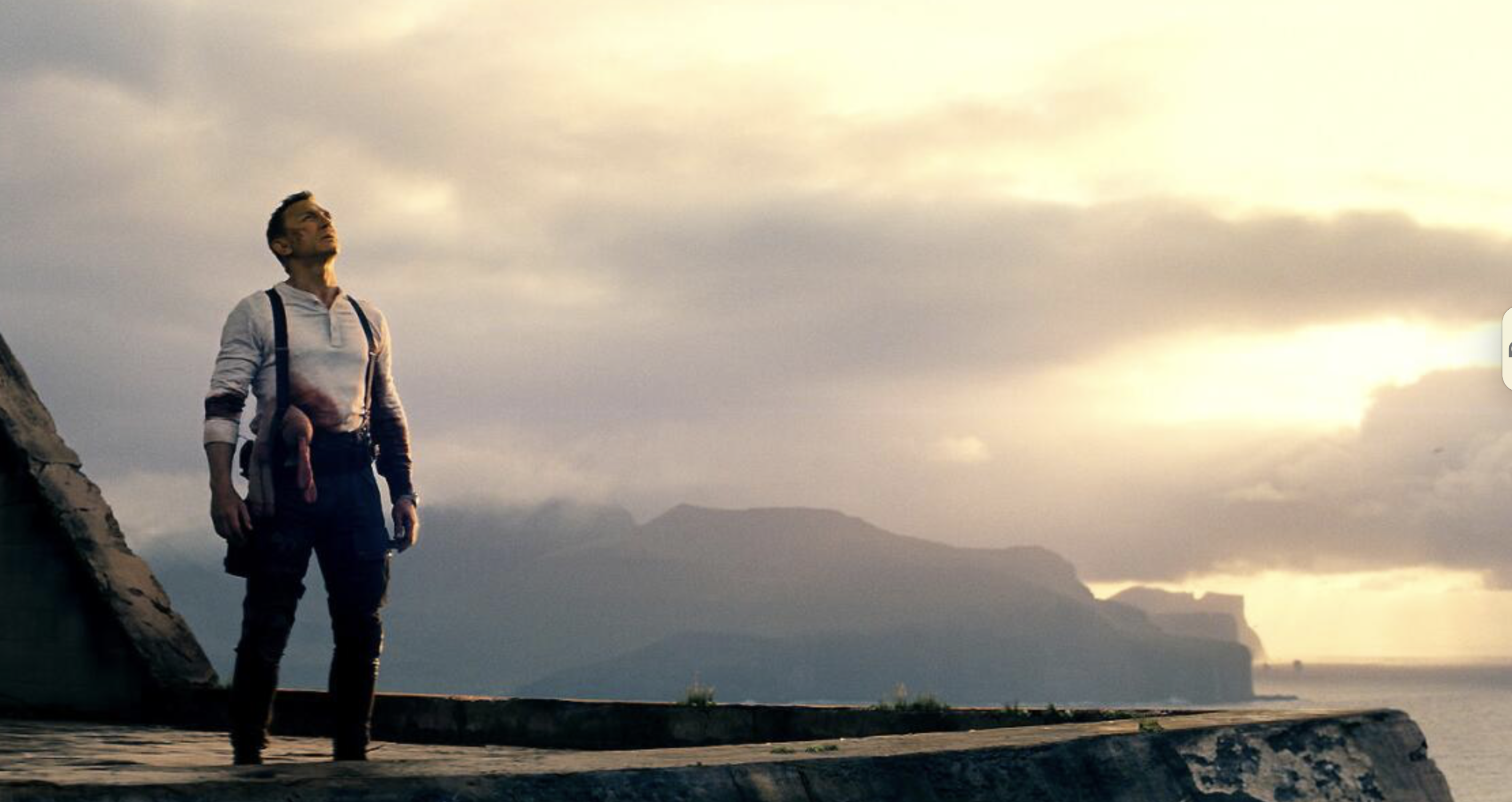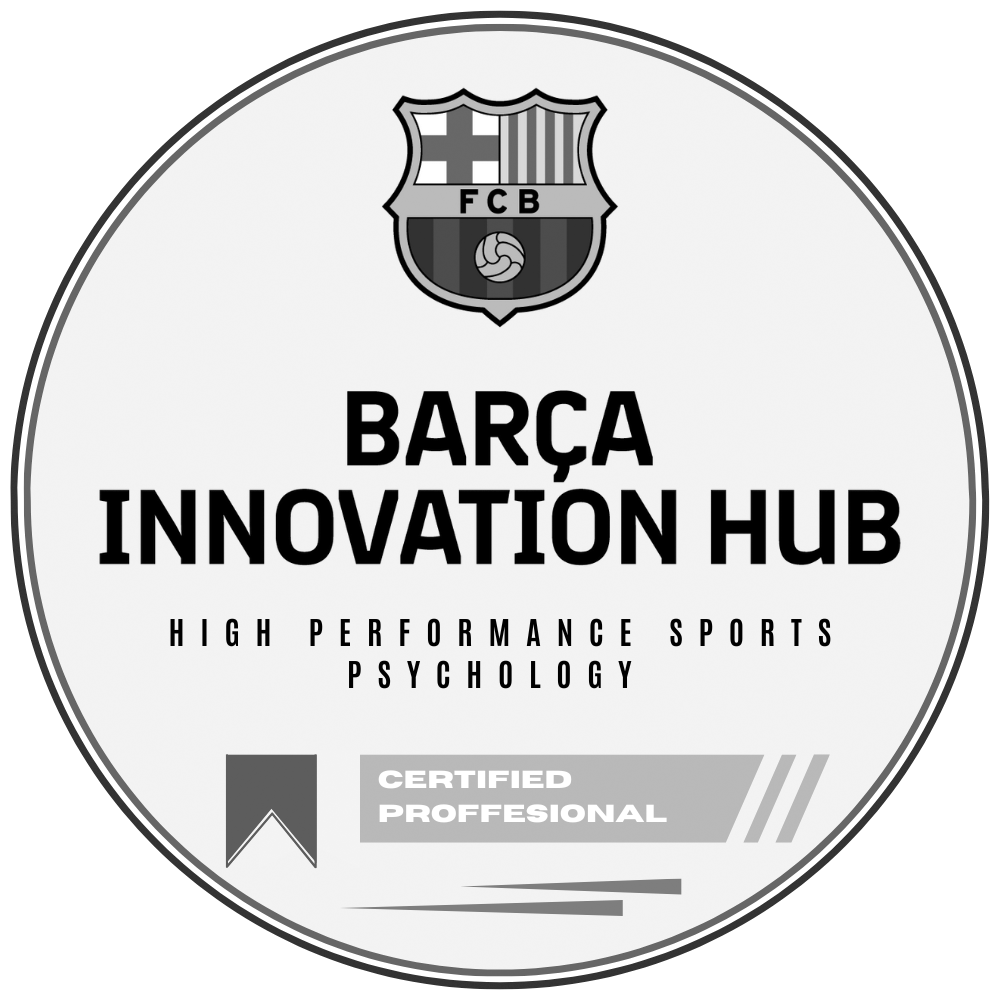A friend once said to me, “Adversity doesn’t hurt us, but our perspective toward adversity does.” It struck me as simple. Almost too simple. But it stayed with me.
If you look up the word "adversity" in the Cambridge Dictionary, you’ll find it defined as “a difficult or unlucky situation or event.” I'd add this: Adversity is almost always something we didn’t choose. Something beyond our control. A disruption we didn’t see coming—an illness, a financial blow, a shift in the rules we were playing by. Pandemics. Trade barriers. Economic downturns. Disruptive technology. The sudden loss of a client or a partner or a dream we’ve built over the years.
No one asks for adversity. But here it comes anyway, uninvited.
And when it arrives, it doesn't just knock on the door politely—it barges in. It rattles our health, our work, our relationships, our plans. It doesn't just affect what we do—it messes with how we feel: that creeping sense of being off balance, under siege, or not enough.
The question is: what do we do with it?
Some people collapse under the weight of adversity. Others deny it, or numb it, or pretend it isn’t happening. Some fight it. Some freeze. And some just try to power through, smiling on the outside while quietly burning up inside. I know that one well.
For a long time, I thought I had to be the strong one. I could keep moving, stay upbeat, find the next idea. From the outside, I probably looked fine—maybe even inspiring. But inside? I was unraveling. Especially when adversity had consequences. A failed business venture, angry investors, public criticism. I wasn’t just disappointed—I was ashamed. And that shame lived in me like a slow burn, distorting my sense of worth and clouding my judgment.
I wish I could say I met adversity with calm and clarity. I didn’t. At least not back then.
Things started shifting when I began my coaching journey—not just as a coach, but as someone being coached. It was in those sessions, held with care and honesty, that I began to see how much power I was giving away. I couldn’t control the world—but I could control how I met it. That realization didn’t come in a lightning bolt. It came in small insights, repeated gently: that resilience wasn’t about being tough, it was about being grounded. That reacting is different from responding. That external events don’t define us—our inner stance does.
This wasn’t about pretending everything was fine. It was about learning to tell myself the truth without falling apart. It was about reclaiming the part of me that could stay steady, even when the ground shook.
Epictetus, the Stoic philosopher whose writings I’ve come to admire deeply, said: “No man is free who is not master of himself.”
I didn’t understand that line fully until I started doing the inner work. Adversity will come. That’s a given. But how I meet it—that’s where freedom lives.
A friend recently gave me a book by A.A. Long about Epictetus. His life story is remarkable: born into slavery, physically disabled, and yet one of the most enduring voices in philosophy. His teachings shaped not only emperors like Marcus Aurelius, but thinkers like Descartes and even modern writers like Tom Wolfe. But what moved me wasn’t just his brilliance—it was his clarity. He invites us to shift our focus away from circumstances we can’t control and toward the only thing we can: the refinement of our inner character.
That’s also the essence of coaching, at least the way I’ve come to see it: not solving problems for people, but helping them look inward—to see what stories they’re telling themselves, what reactions are automatic, and what perspective might serve them better. Not coaching the problem, but coaching the person.
“It is not what happens to you, but how you react to it that matters.” That’s Epictetus again.
What used to feel like weakness in me—being affected by other people’s opinions, struggling with failure, feeling shame—has now become a source of strength. Not because those feelings are gone, but because I’ve stopped judging them. They’re part of being human. What’s changed is my relationship to them. I’ve learned to breathe through adversity, not run from it. To meet it with curiosity instead of panic. And to ask: What is this moment asking of me? Not: Why is this happening to me?
That shift in perspective changed everything. Not all at once—but enough to begin again, with more steadiness. More self-trust.
From Philosophy to Practice: Living the Stoic Shift
Reading Epictetus gave me language for something I’d already started to feel in my bones: that inner freedom isn’t a destination, it’s a discipline. But integrating that wisdom into real life? That’s the work.
Some practices I’ve come to rely on:
- Daily reflection: A few quiet minutes at the end of the day asking myself, What did I react to today? What was in my control?
- Noticing the story: When adversity hits, I pause. I try to name the story I’m telling myself—They’re judging me, I’ve failed, this means something about who I am—and ask: Is this true? Or just familiar?
- Physical grounding: A breath. A walk. Or a spin class—my daily reset. Getting into the body clears the fog. Sometimes the fastest way to perspective is through motion.
- Choosing response over reaction: Even a 10-second delay before speaking or replying can change the tone of an entire conversation.
None of these are heroic acts. They’re simple, human ones. But practiced consistently, they’ve changed me. I’m less rattled now. More at peace, even when things are not peaceful—because resilience isn’t something you stumble upon. It’s something you shape, choice by choice, day by day.
I’m under no illusion that this is a permanent shift. Adversity still catches me off guard. I still react. I still forget. But I recover more quickly now. And maybe that’s the real practice—not getting it right, but finding your way back. Returning to what matters, even after you've lost your footing. Meeting yourself—again and again—with perspective, patience, and just enough courage to stay in the room.
A few final words from Epictetus that stay with me:
- “Happiness and freedom begin with a clear understanding of one principle: some things are within our control, and some things are not.”
- “Do not tie a ship to a single anchor, nor life to a single hope.”
- “It is not things that disturb us, but our judgments about things.”
- “Have the wisdom to know what cannot be changed, and the strength to change what can.”
- “If you want to improve, be content to be thought foolish and stupid.”
- “It is circumstances which show men what they are.”
So, here’s what I’m learning—and re-learning, constantly:
Adversity will visit. It may stay for a while. But it doesn’t get to decide who I am. That part’s up to me.
Recommended books

#Resilience#StoicWisdom #Epictetus #MindsetMatters #InnerStrength #GrowthMindset#EmotionalResilience #LifeLessons #OvercomingAdversity #SelfAwareness#PersonalGrowth #AuthenticLiving #ExecutiveCoaching #LeadershipDevelopment#ThoughtLeadership #CoachingJourney #SelfMastery #CoachingThePerson



.svg.png)










.png)


